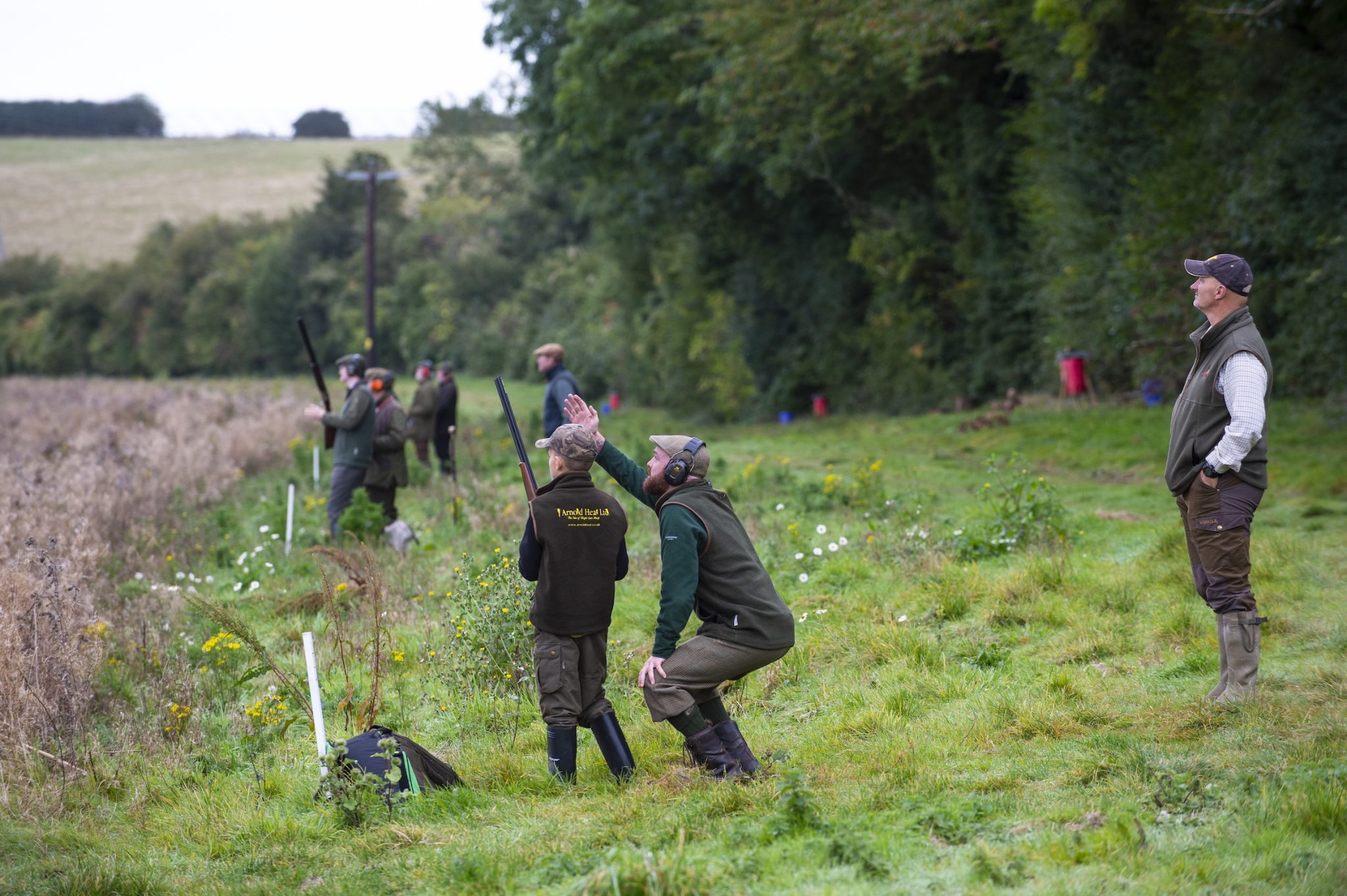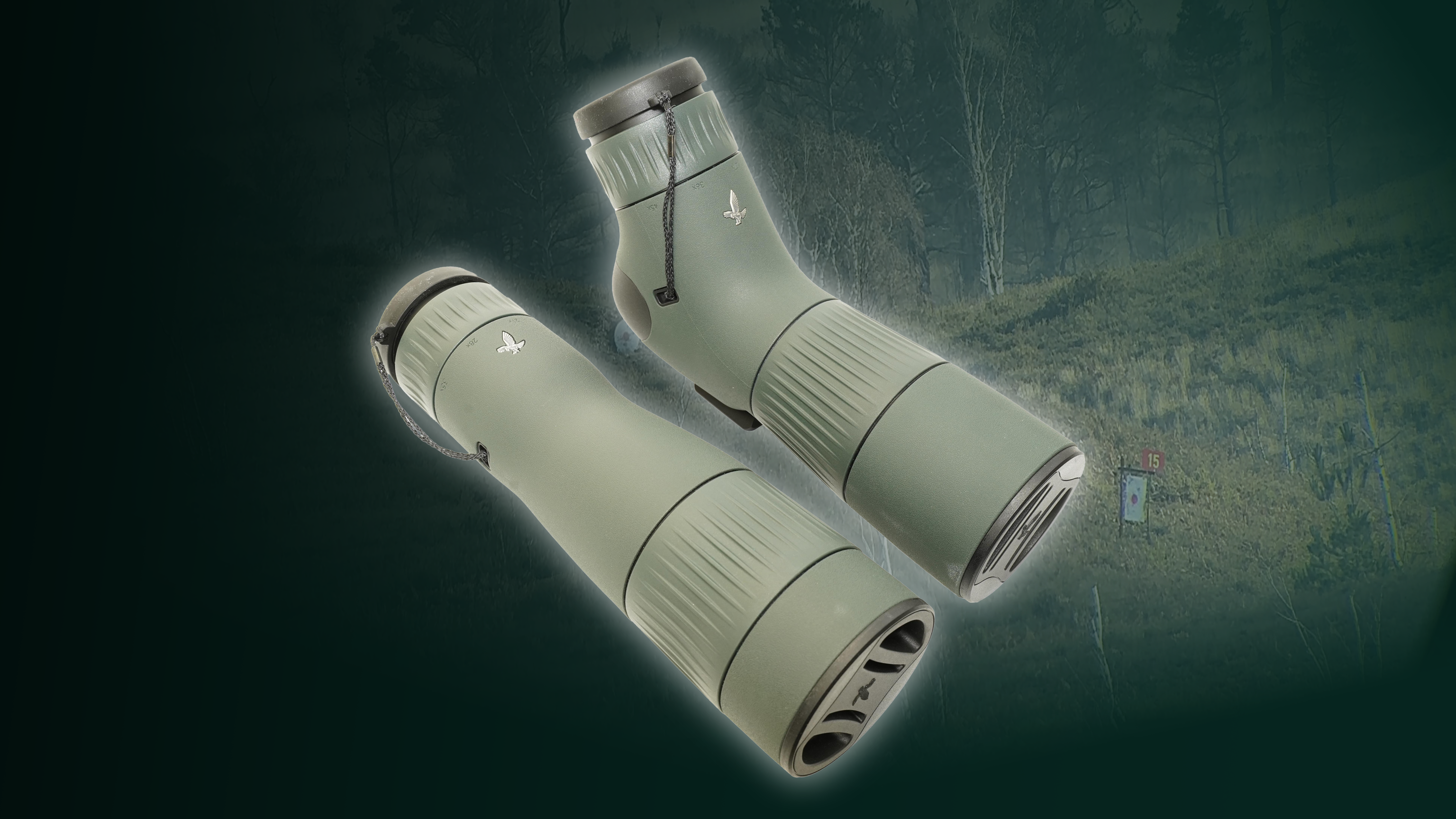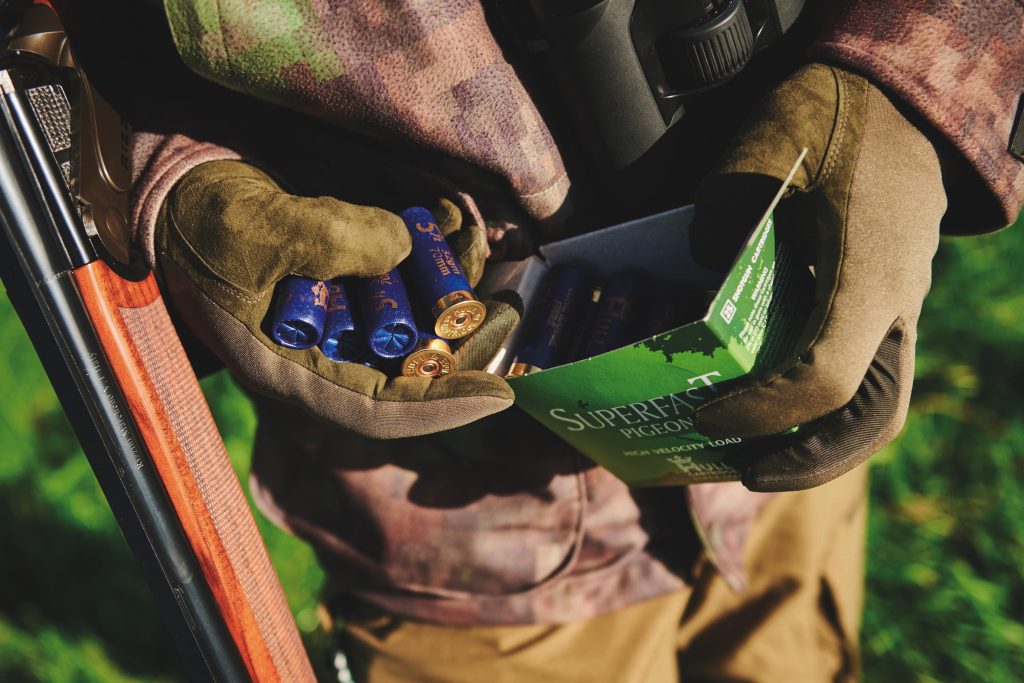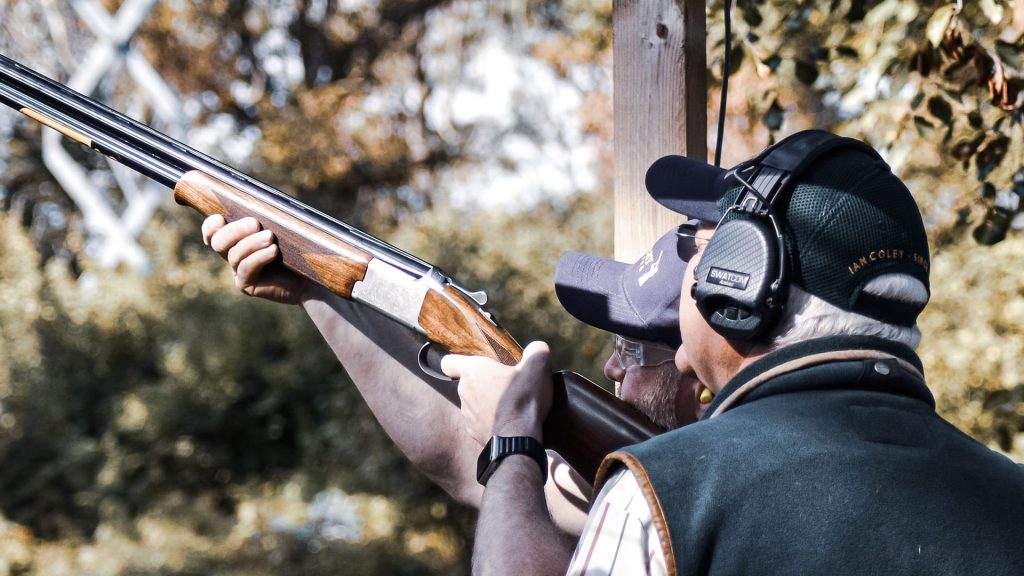The countdown is on for The British Shooting Show – book tickets online today and save on gate price!
Richard Ali BASC chief executive interview
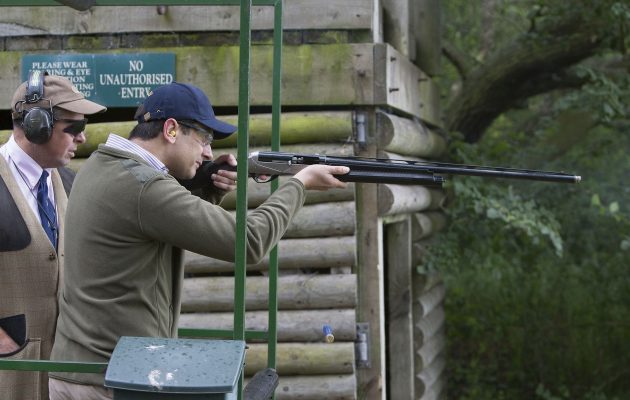
Richard Ali was interviewed in the April 2016 issue of Shooting Gazette.
Shooting Gazette: What have been BASC’s major achievements over the three years you have been in the hot seat?
Richard Ali: “We’ve had a great deal of success but of course there is still a lot to do. Our major achievements have been to improve how BASC works and what it does, improve how we work with other shooting and countryside organisations, and improve how we work with organisations beyond the immediate sphere of shooting.
“That may sound dull but it is vitally important and I’m proud we now have a partnership agreement with Natural England and proud of our work with Scottish Natural Heritage, with the Northern Ireland Environment Agency and with Natural Resources Wales. This better way of working with others means we can be proactive rather than reactive, which is key.
“The big point to remember is that BASC and shooting itself do not operate in a bubble. There is a whole society, economy and environment out there with their own challenges and, as change is constant, we must be alert to anything that happens that could impact on shooting.
“What I’d like to get over is that while BASC has achieved visible things such as firearms legal insurance, our proposal on 10-year licence fees, our work on grouse moors, our Young Shots programme, Green Shoots and so on, much of what we do goes way beyond flag waving from the sidelines. It’s about building long-term relationships, giving clear, factual explanations of what shooting is about and its benefits – socially, environmentally, economically – and highlighting prejudice and ignorance. Our goal is to make shooting part of the everyday.”
Shooting Gazette: Where are you with the ongoing internal reorganisation you started in your first year?
Richard Ali: “The first thing I did when I arrived was perform a country and regional review and that has resulted in BASC’s elected council putting more boots on the ground in the regions. An internal reorganisation was then designed to do things better for our members. For example, knocking down silos so departments interact and communicate better. If we’re going to manage how we do things better we need to talk to each other more, and this is not just relevant to BASC but to all organisations.
“People can get used to focusing on their immediate job, which means things can be missed, so we have moved staff around to encourage individuals and departments to work more closely with each other. This means we are able to identify threats and opportunities earlier. I do feel we now have the right structure to do the work we have to do as efficiently and effectively as possible, but change may come down the track and that may mean we will have to adjust again.”
Shooting Gazette: You’ve explained that relationships with other shooting/ countryside organisations are very positive. What about relationships with organisations such as the RSPB or the Wildfowl and Wetlands Trust?
Richard Ali: “What is interesting with organisations like the RSPB and WWT is that there is very little on which we disagree. Where we do disagree it is mainly on process, not on the fundamental issues such as the importance of biodiversity. Does BASC want to see more hen harriers in the UK? Yes. Does the RSPB want to see more hen harriers in the UK? Yes. The disagreements come around process or they come from the degree of perceived risk. So on general issues it’s clear BASC shares huge amounts with the RSPB and the WWT because BASC members are also conservationists and they want to see a thriving, sustainable countryside with better biodiversity.”
Shooting Gazette: Let’s discuss the dreaded lead shot situation; how do you see that panning out?
Richard Ali: “Sadly I wasn’t invited to join the Lead Ammunition Group, but BASC provided a significant amount of technical assistance to many of those who sat on it. However, if you’re going to look at restricting lead ammunition, you need to use the same laid-down democratic government processes as you would use for anything else, and BASC continues to stand by its policy of ‘no sound evidence, no change’.
“The point on lead is that we are talking about degree of risk; so in a modern democracy you put fact and evidence into the process and then make a factual decision about how to proceed. The problem occurs when the process gets subverted or corrupted and that simply does not support unbiased decision-making. Clearly the report submitted by LAG-Lite, as I call it, is being looked at by government, which will come to a decision. But I’ve seen nothing to suggest there should be a ban on lead ammunition and that is where BASC is.”
Shooting Gazette: How much of a surprise was it to discover your predecessor as BASC boss leading the campaign to ban lead in his role with the LAG?
Richard Ali: “It wasn’t so much a surprise as a disappointment. I disagree with John Swift’s conclusion. Is this a debate about science and due process or has the group morphed into something else with its patrician-esque call to ban lead shot?”
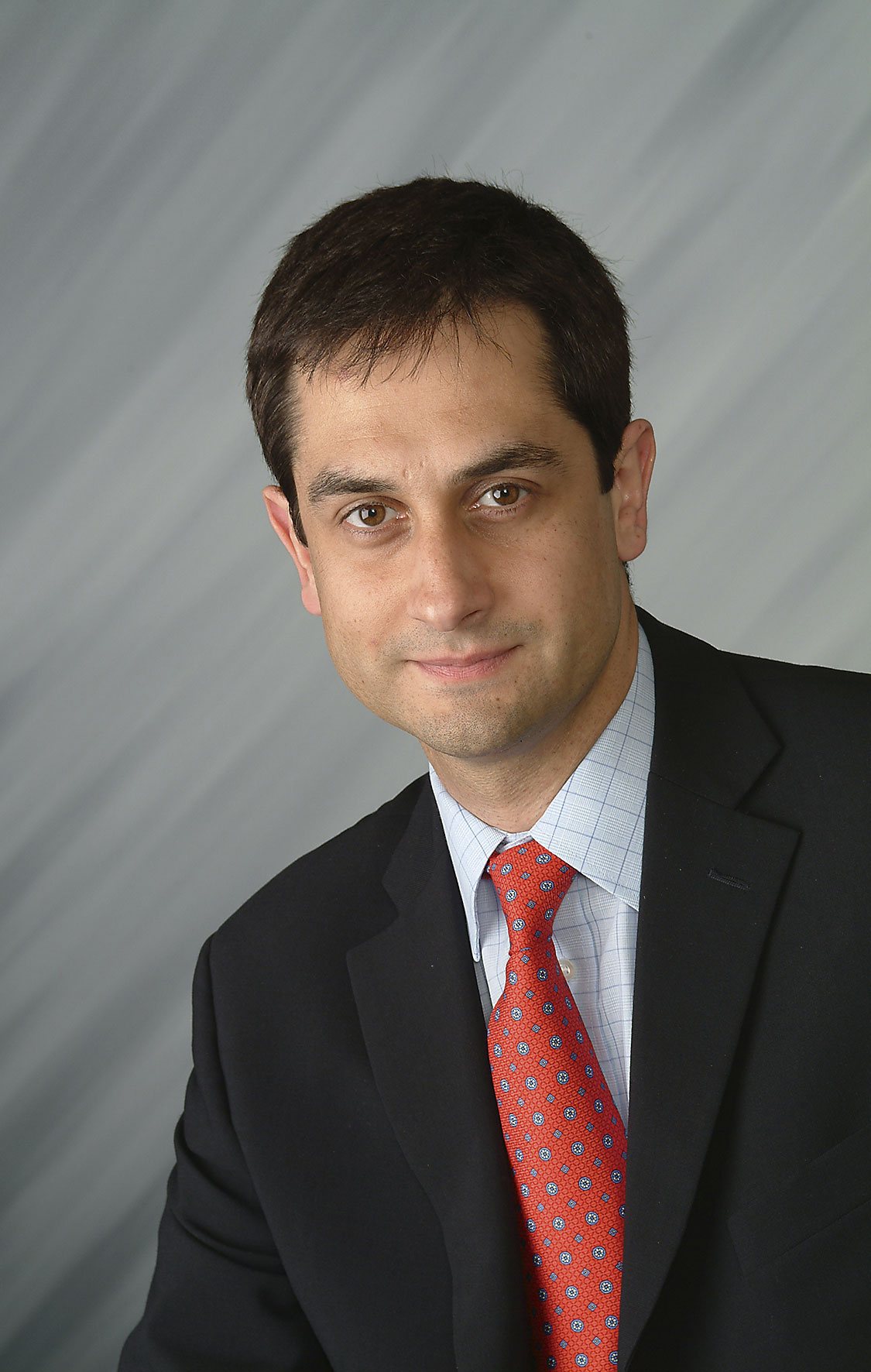
Richard Ali has been BASC chief executive for three years and has introduced internal changes as well as developing external links with non-shooting bodies.
Shooting Gazette: The League Against Country Sports (LACS) has a new boss; what are your thoughts on that and will it make the organisation more credible?
Richard Ali: “I would love to think that someone who has a wider background than prejudiced-based campaigning will be able to bring something more to the organisation and I was tickled to see that Eduardo Goncalves has worked in Abu Dhabi where hunting is a huge part of heritage and culture. The proof will be in the eating of the pudding.”
Shooting Gazette: What are you lobbying for at the moment and what work is being done at a governmental/parliamentary/EC level?
Richard Ali: “The big issue, which takes up a lot of my time, concerns European Commission proposals to amend the EU Firearms Directive. Obviously BASC fully supports the counter-terrorism agenda but we do not support proposals that will damage the legitimate use of firearms and pose threats to lawful shooters.
“So we are talking to the UK government, to MEPs, to our colleagues in the Federation of Associations for Hunting and Conservation (FACE) and to other European countries. At the end of January we attended a meeting to brief Vicky Ford MEP, who is leading on the European Parliament’s scrutiny of the amendment proposals, and we will be submitting amendments to the EC’s proposals to change the directive.”
Shooting Gazette: What is your view on the Law Commission’s review of UK firearms law?
Richard Ali: “BASC was included as an expert stakeholder so we spoke to the Law Commission regularly, we were consulted and we were broadly happy with its proposals. Changing law is not cost-free however, so I’d be surprised if it was high on the government’s list of top priorities.”
Shooting Gazette: Is your firearms department as busy as ever and what are the main issues they are working on?
Richard Ali: “During 2015 our firearms team dealt with almost 8,000 enquiries. The biggest issue is delays in the licence application and renewal process, then issues such as security and certificate conditions. We have seen a 268 per cent increase in people complaining about delays but I must stress this is not across all forces. Some are really very good, very efficient, well managed and well administered.
“Sadly there are still some forces where administration is poor, customer service is poor and a very risk-averse approach is being taken. I’ve already asked for a meeting with Assistant Chief Constable Dave Orford from Durham Police, who has taken over from Hampshire Chief Constable Andy Marsh as the National Police Chief’s Council’s firearms lead, as we want to continue our work to ensure licensing procedures are fit for purpose. There is clearly much more to do.”
Shooting Gazette: Can you give game shooters a few things to be optimistic about for the next year or two?
Richard Ali: “There is greater evidence that people who may not shoot and may never shoot better understand the contribution shooting makes to conservation. Another point is the increasing number of people coming into the sport at the moment, and they are not all youngsters. That is about the future. We know that a lot of the people who have joined BASC recently are new to shooting. Some of that is apparently down to the Downton Abbey effect, but it’s also to do with increased recognition of what shooters do and achieve.
“For example, the Westmorland Wildfowlers’ Association won the Green Thinking Award in this year’s Community Sport and Recreation Awards, organised by the Sport and Recreation Alliance, which saw entries from a huge number of different sectors. That will have broadcast the benefits of shooting to many people outside the shooting world.”
Shooting Gazette: And what about you? Did you get out shooting much last season?
Richard Ali: “My most memorable shooting last season was my first time shooting driven grouse. I was very lucky to be invited by Newton Rigg College onto its grouse moor and what a fantastic day it was. I think I bagged my share and I was over the moon to be part of the day – it was the highlight of my shooting year.”
Shooting Gazette: Where do you see yourself and shooting sports in the next three years?
Richard Ali: “My term at BASC is five years, so I’ve got another two to go. In three years it would be nice to be having this conversation again and to say we’ve achieved x, y, z; we’ve created more understanding about how shooting benefits conservation among politicians and the public; and that Countryfile is about to make an hour-long programme on the benefits of shooting. What would also be brilliant is more celebrities who shoot telling people that they shoot and to have a celebrity shooting programme on television. Wouldn’t it be great if Channel 4 commissioned Ian Botham to front a ‘Beefy on Grouse’ programme for example, to illustrate the link between shooting, food, and conservation? Fingers crossed!”
Related Articles
Get the latest news delivered direct to your door
Subscribe to Shooting Times & Country
Discover the ultimate companion for field sports enthusiasts with Shooting Times & Country Magazine, the UK’s leading weekly publication that has been at the forefront of shooting culture since 1882. Subscribers gain access to expert tips, comprehensive gear reviews, seasonal advice and a vibrant community of like-minded shooters.
Save on shop price when you subscribe with weekly issues featuring in-depth articles on gundog training, exclusive member offers and access to the digital back issue library. A Shooting Times & Country subscription is more than a magazine, don’t just read about the countryside; immerse yourself in its most authoritative and engaging publication.



